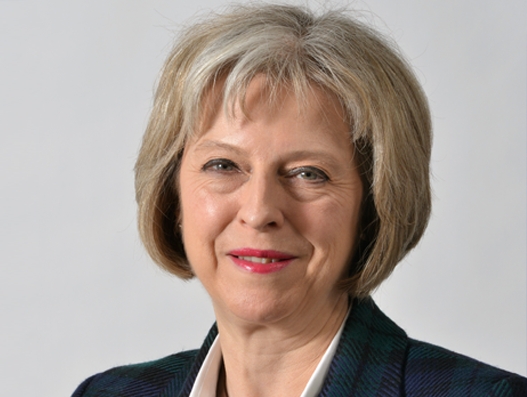
UK’s trade associations seek for more details on how Brexit will affect its operations following May’s speech
<p id="yui_3_16_0_ym19_1_1484735807355_6075" class="yiv7918723283MsoNormal" style="text-align: justify;">Jan 18, 2017: The British International Freight Association (BIFA) and The Freight Transport Association (FTA) have mixed reactions on Prime Minister Theresa May’s vision for "tariff-free and frictionless trade" with the European Union (EU) after the country leaves the trade-bloc.</p> <p id="yui_3_16_0_ym19_1_1484735807355_6076" class="yiv7918723283MsoNormal" style="text-align: justify;">She mentioned that the UK would push […]

Jan 18, 2017: The British International Freight Association (BIFA) and The Freight Transport Association (FTA) have mixed reactions on Prime Minister Theresa May’s vision for "tariff-free and frictionless trade" with the European Union (EU) after the country leaves the trade-bloc.
She mentioned that the UK would push for "the freest possible trade" with the EU and other countries.
May said that the UK would aim to negotiate tariff free trade with the EU, arrange new trade agreements with countries outside of the EU, create a Customs agreement with the EU and maintain the common travel area between the UK and the Republic of Ireland.
BIFA finds that the speech has delivered some clarity on the UK’s plans to leave the European Union’s single market but it remains short on the details that will assist its members as they go about their business of managing much of the UK’s visible international trade.
“Our members across the country over the last few months have been dealing with a lot of uncertainty,” said Robert Keen, director general of BIFA.
“They would have welcomed clarity on the mechanics that will underpin May’s desire for ‘tariff-free and frictionless trade’.
FTA welcomes her commitment to “tariff-free and frictionless trade” with the European Union and to ambitious free trade agreements with other partners globally. FTA said May's statement allowed the association to identify where the new ‘friction points’ in international trade could occur and work with the government to negotiate the best possible outcome for UK businesses. FTA also mentioned that the UK road transport industry is highly reliant on EU nationals who work as drivers, warehouse operatives and in other key roles across the sector.
The prime minister said that she wanted ‘an ambitious customs agreement with the EU’ while rejecting the Customs Union because of the common external tariff that prevents Britain from negotiating separate trade deals with third countries.
“As we said last year, as Brexit unfolds, there will many issues affecting visible trade and the work of our members who facilitate that trade. After the speech, BIFA is hoping that the government has a fundamental understanding of all of the possible permutations and challenges in regards to our future trading relationships with Europe and the rest of the world, post membership of the EU,” adds BIFA.
“The Prime Minister’s commitment to maintain the common travel area in Ireland is welcomed by FTA as this is one of the key issues of concern to its members,” said FTA.
While BIFA raises the concern of freight management between the two countries. “May has made reference to maintaining the common travel arrangements between the UK and the Republic of Ireland, but how will freight be managed between the two countries?

